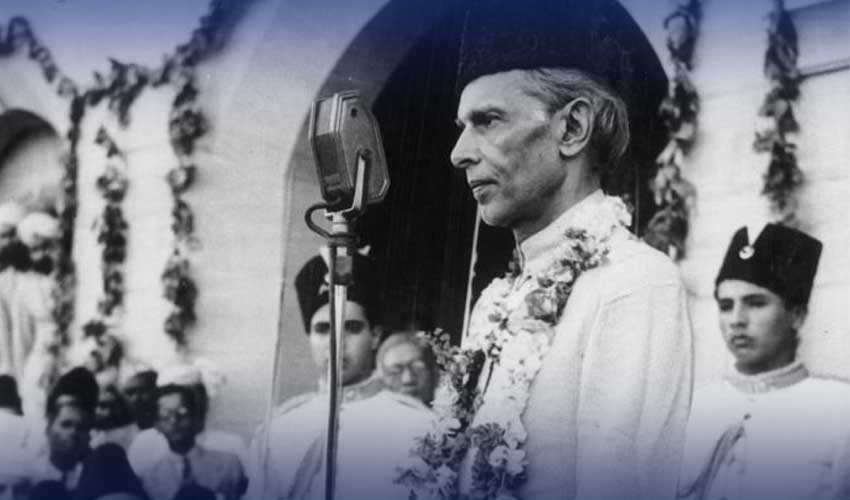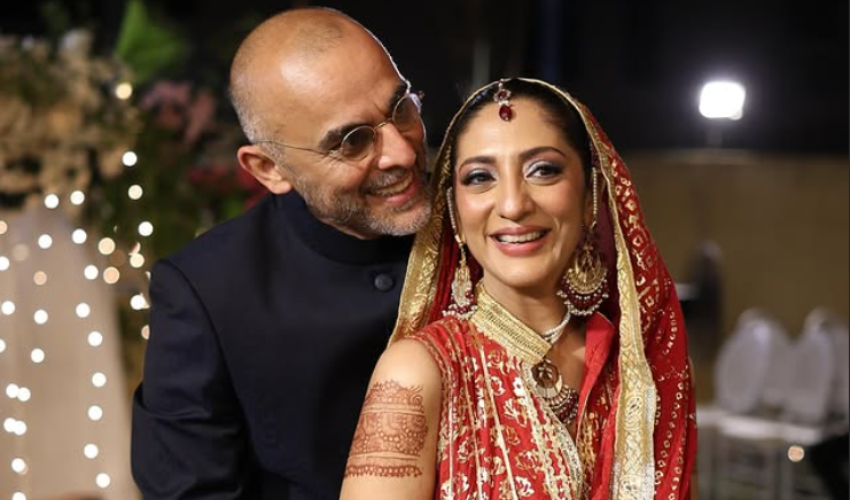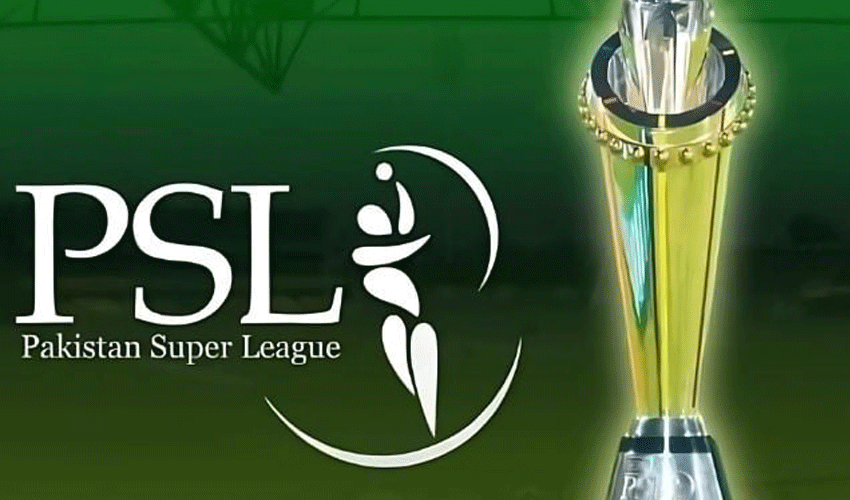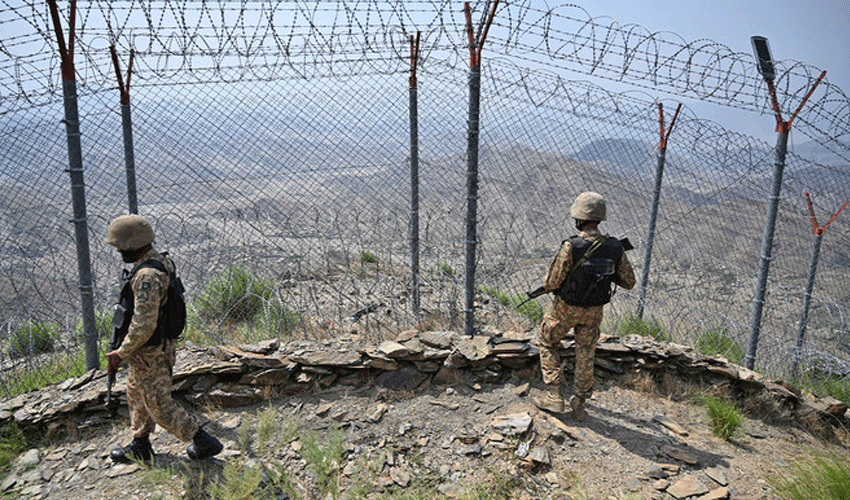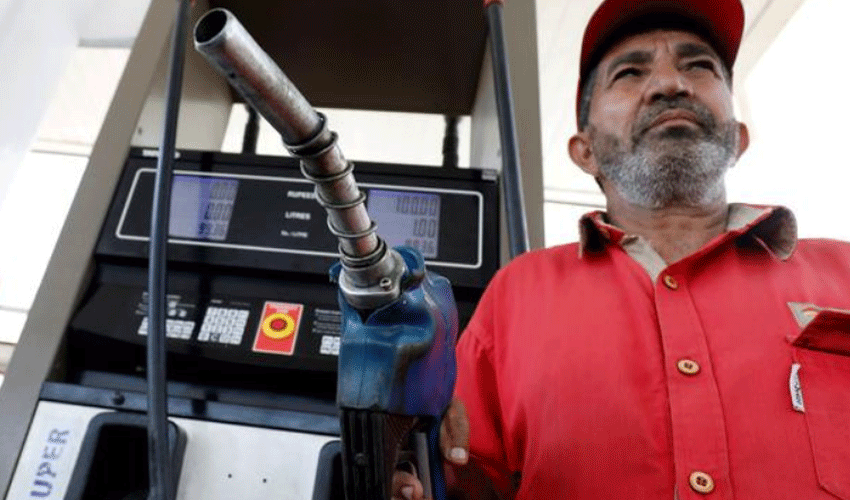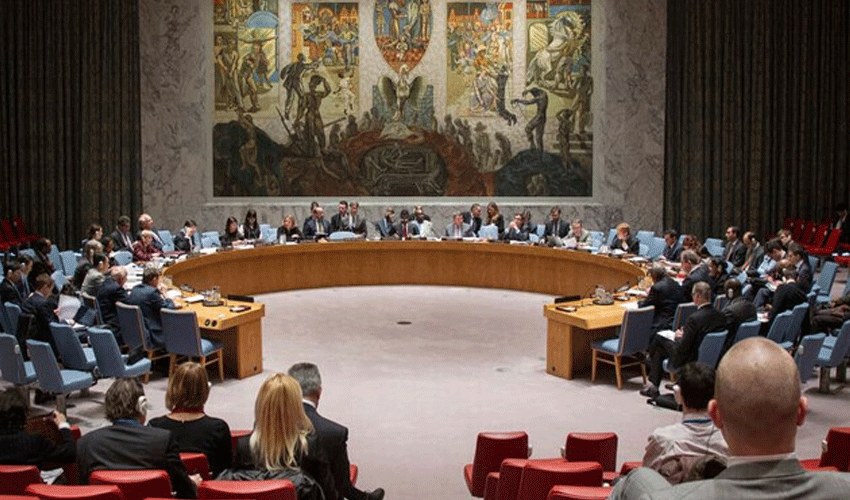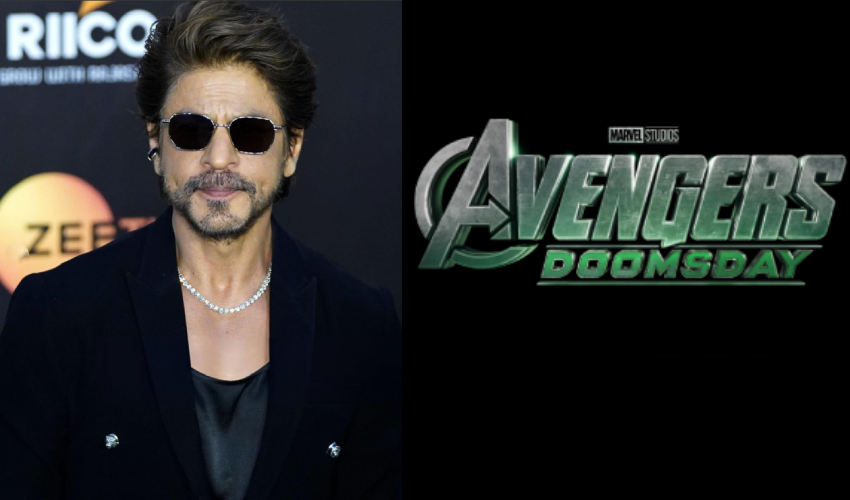In a historic address to the nation on October 30, 1947, Quaid-e-Azam Muhammad Ali Jinnah, the founding father of Pakistan, called upon citizens to stand firm in defending their newly formed country. His powerful speech came at a critical moment in Pakistan's early history, just months after independence.
"If we seek guidance from the Holy Quran, I say once again, victory will be ours," Jinnah declared, setting a tone of religious inspiration throughout his address. He reassured the nation that they should "not for a moment imagine that your enemies can succeed in their intentions."
The Quaid emphasized the strength and resilience of the Pakistani people, stating, "You are strong and you are second to none." He reminded citizens of their rich heritage, saying, "You are a nation whose history is filled with remarkable character and bravery."
Jinnah called upon the people to "add another glorious chapter to your history while staying true to your traditions" and urged them to "make a pledge and be prepared to sacrifice everything for Pakistan."
In some of his most stirring remarks, the founder of Pakistan addressed the concept of martyrdom: "Keep your spirits high, do not fear death. Our religion teaches us to always be prepared for death," and "For a Muslim, there is no better salvation than martyrdom for a righteous cause."
The speech contained powerful statements of resolve, with Jinnah proclaiming, "We are right and we shall surely succeed," and "No power on earth can destroy Pakistan." He encouraged the nation to "fulfill your duty and have faith in Allah."
Concluding his address with the rallying cry "Pakistan Zindabad" (Long Live Pakistan), Quaid-e-Azam's speech remains a cornerstone of Pakistani national identity, embodying the values of faith, courage, and patriotism that continue to inspire the nation today.





